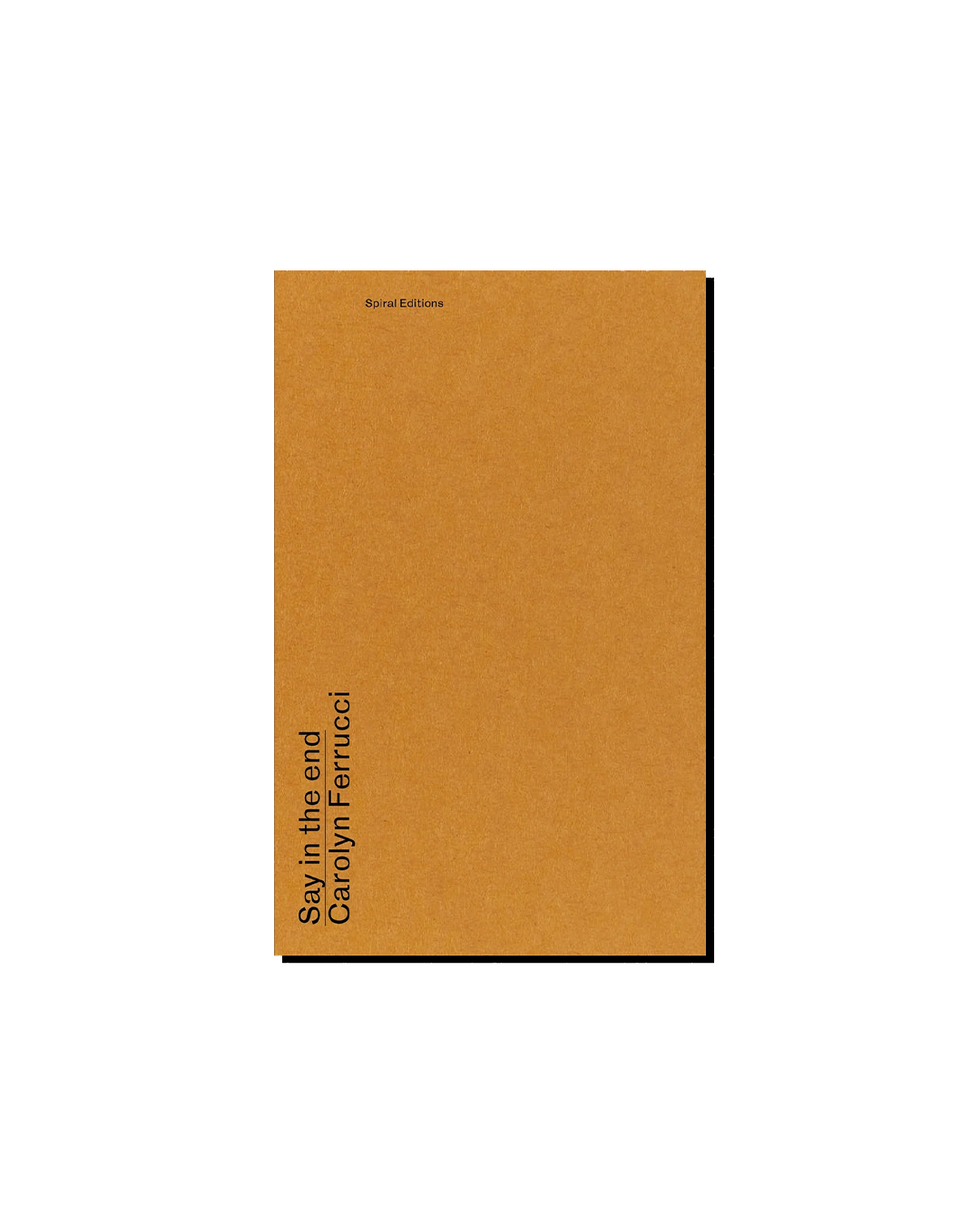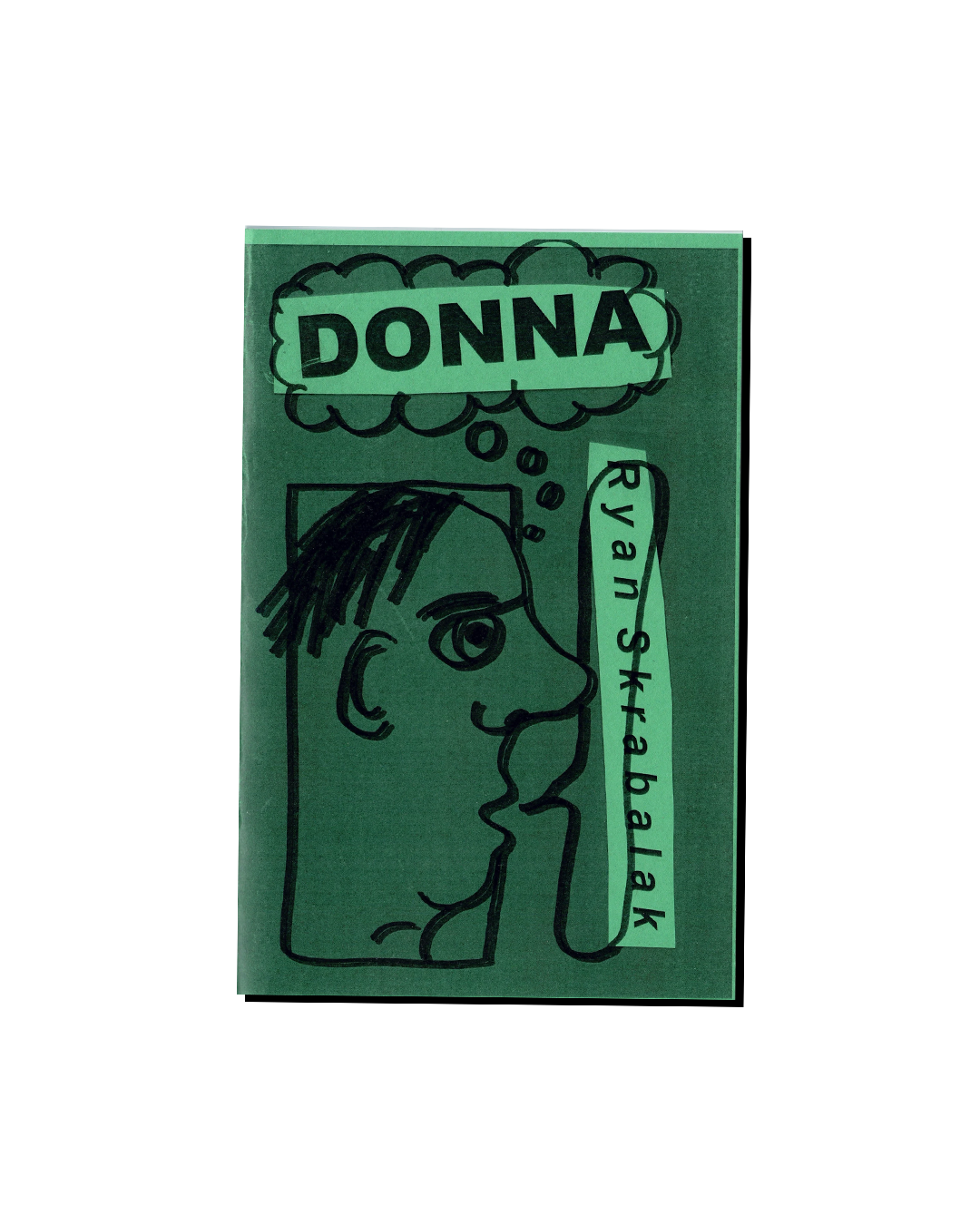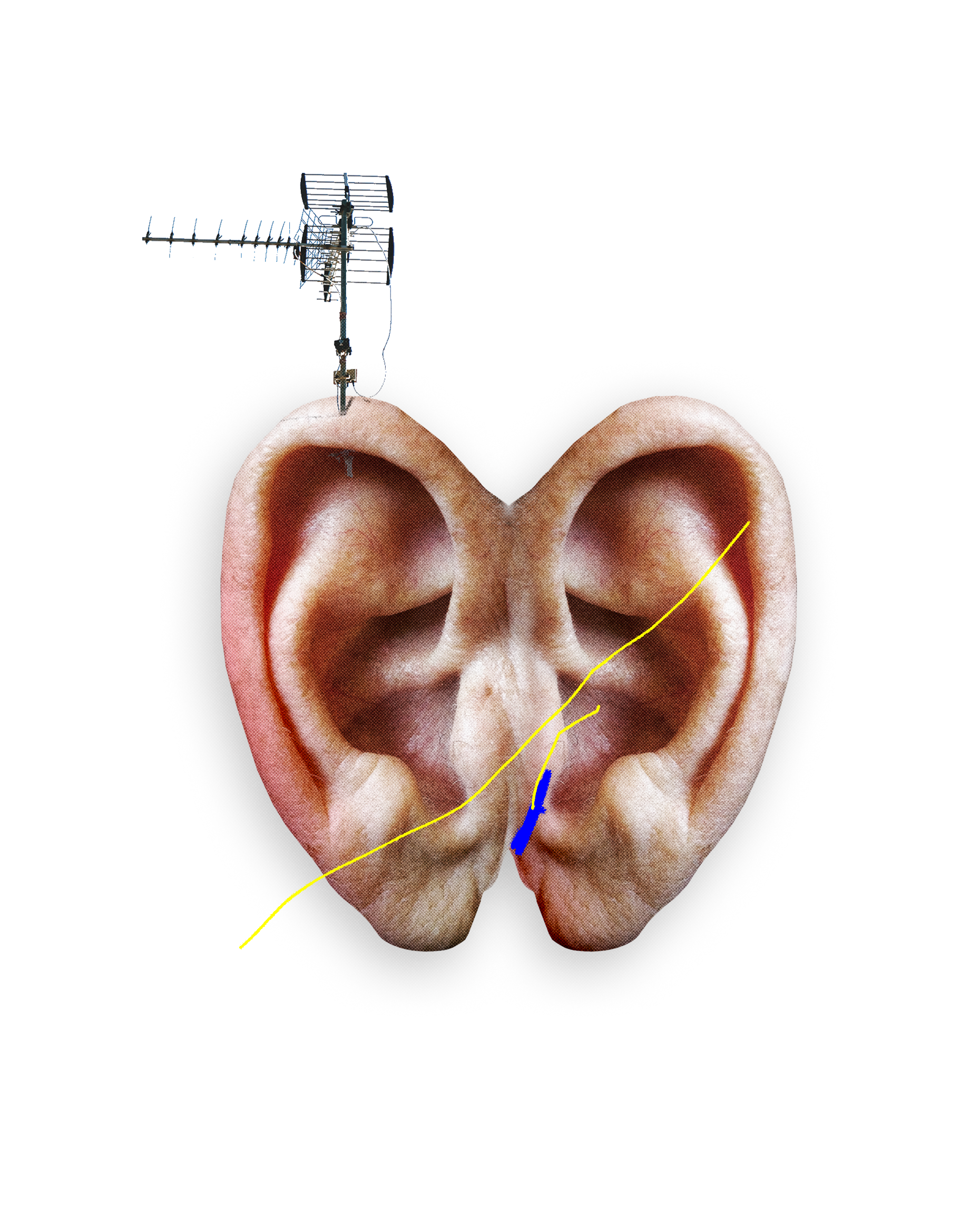Your Children Will Turn into Doves and Fly Away: On “Stardew Valley”
We have to do so much for you, don’t you see? You play all day while we work so hard.
Gulp Fiction, or Into The Missouri-verse: On Percival Everett’s “James”
Can one tell Twain’s story from Jim’s perspective without creating a flimsy, second-hand imitation of Jim’s voice which dooms the experiment from the start?
from “Say in the end”
Each center describes what happens in another center
I’m not a cynic, I’m here
Washington, May 1956: On Clarice Lispector’s “The Apple in the Dark”
Perhaps, newly attuned to her own insatiable desire to create, she would reach her own form of understanding from the drafts that she would copy out eleven times by hand.
Quarter in Review: On Small Towns, Hypertexts, and the Void
It can’t all be true, or as bad as they make it. But there’s no plumb, exactly, for these things.
Modernism’s Anti-Myth: On Cesare Pavese’s “Dialogues with Leucò”
It was not so much a “dreaminess” as a wakefulness, an increasingly desperate one of the more-than-human, the more-than-now, which modern history throttled and tried to deny.
Our Neighbo(u)rs to the North, Aflame: On John Vaillant’s “Fire Weather”
As a midwesterner, my life has been saturated with Alberta’s oil. My first car, a used Ford F-150 with a bench seat stained brown from the plumber who owned it before me, had dual fuel tanks that held over thirty gallons of gasoline. Much of that gas came from Alberta oil.
What was Ukraine?: On Volodymyr Ishchenko’s “Towards the Abyss”
Ishchenko argues that the burden of the post-Soviet left is debatably its greatest asset: that people remember how it felt to be part of communism’s utopian project, and that before today’s war, a strong plurality of Ukrainians felt ambivalent about, not hostile to, its cause.
The Body Is Not a Metaphor: An Interview with Emmeline Clein
Because this issue has been overlooked from a political and cultural and intellectual standpoint, partially because of its association with girls, I wanted to give it a really serious treatment.
The Telling Makes It True: On Robert Glück’s “About Ed”
The dead lover is the eternal muse, his voice revoked by death, his consent unattainable.
The Whisper Network Electrified: An Interview with “Mike Antenna”
The new view of intelligence work is all about creating information, spreading and disrupting narratives. It’s no longer about keeping accurate records or models of the world; it’s about creating a world.
Nobody Knows My Name: On Maya Binyam’s “Hangman,” Claire Denis’ “White Material,” and African Fictions
African characters that go beyond the limitations of sympathy, to depict periods of upheaval where pity is a useless consolation, where we cannot generalize any specific case.
Words Scumble the View: On Lindsay Turner’s “The Upstate”
Where is upstate? A proximity, a region positioned degrees away from somewhere not upstate, forever elsewhere.
Too Sincere, Or Worse: An Interview with Annie Proulx
Denying fame, or incarnation as a public figure, does not necessitate abandoning pose.
How to Be an Author and a Character Simultaneously
We have to rearrange our lives—to give a handful of days more weight than entire years, to give a few characters starring roles—so we can feel they are something more than administrative projects marked by disappointment.
Fantastic Lands and Where to Find Them: On Anthony Bale’s “A Travel Guide to the Middle Ages”
Bale’s aim in this book is to write in a rigorous and entertaining way about medieval travel writing; it would be a disservice to the subject to exclude the fictitious or the tasteless.
After Populism: On Borriello and Jäger’s “The Populist Moment”
The material conditions that underpinned social democracy have disappeared. Against this backdrop, left populism constitutes a sincere, but plaintive, desire for the lost world to return.




















